Autism Progress
Find out how to help your autistic students develop across 4 key areas




Communication
Social Interaction
Flexibility of Thought
Emotional Regulation
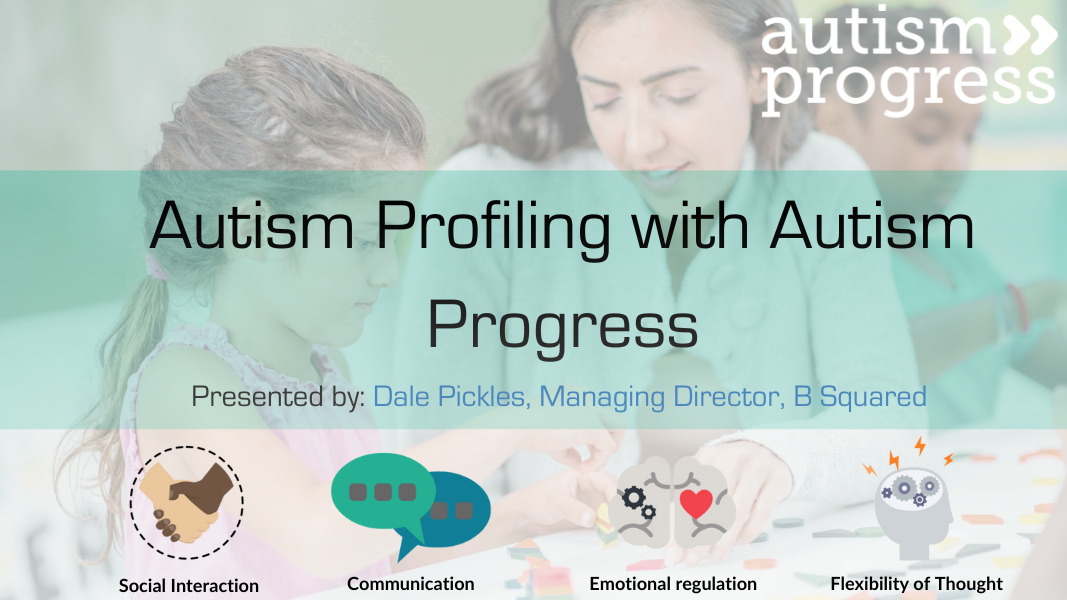
This FREE webinar explains how autism profiling with Autism Progress can help teachers to :
Autism Progress is an observational assessment framework that enables your school or post 16 setting to understand how autism impacts each individual.
It helps you to provide tailored support for each student and plan their next steps.
Every autistic individual is unique and no two people are likely to have the same experience of autism as each other.
However autistic students often have difficulties with specific aspects of these 4 key developmental areas.


Challenges include: expressing personal needs, delayed development of language, repetitive use of known phrases, difficulties with comprehension.

Challenges include: applying social conventions, forming and sustaining relationships, managing social anxiety and understanding the perspective of others. This is typical of someone with Aspergers Syndrome (AS).
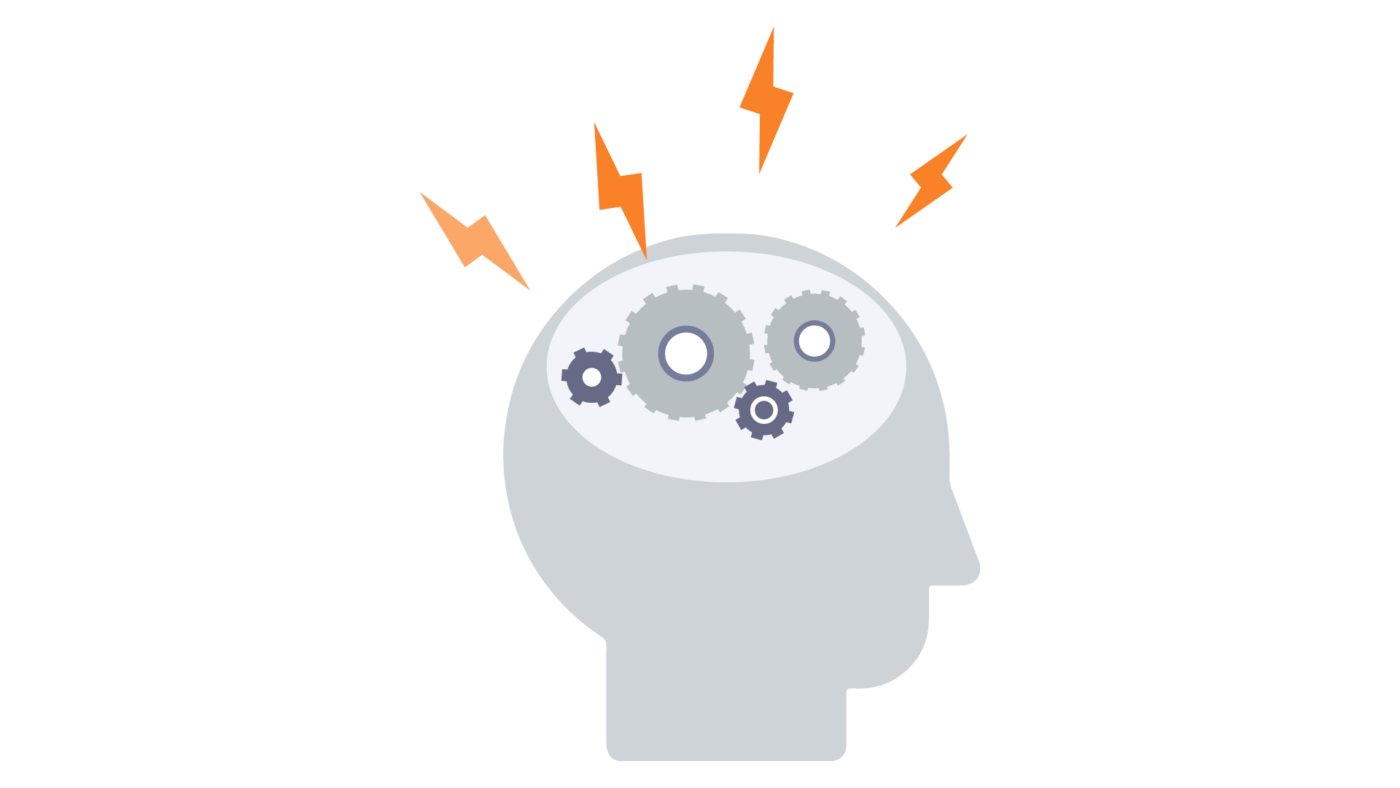
Challenges include: struggling with repetitive patterns of behaviour or thought, applying known concepts to new situations, and accepting differences in unfamiliar situations.
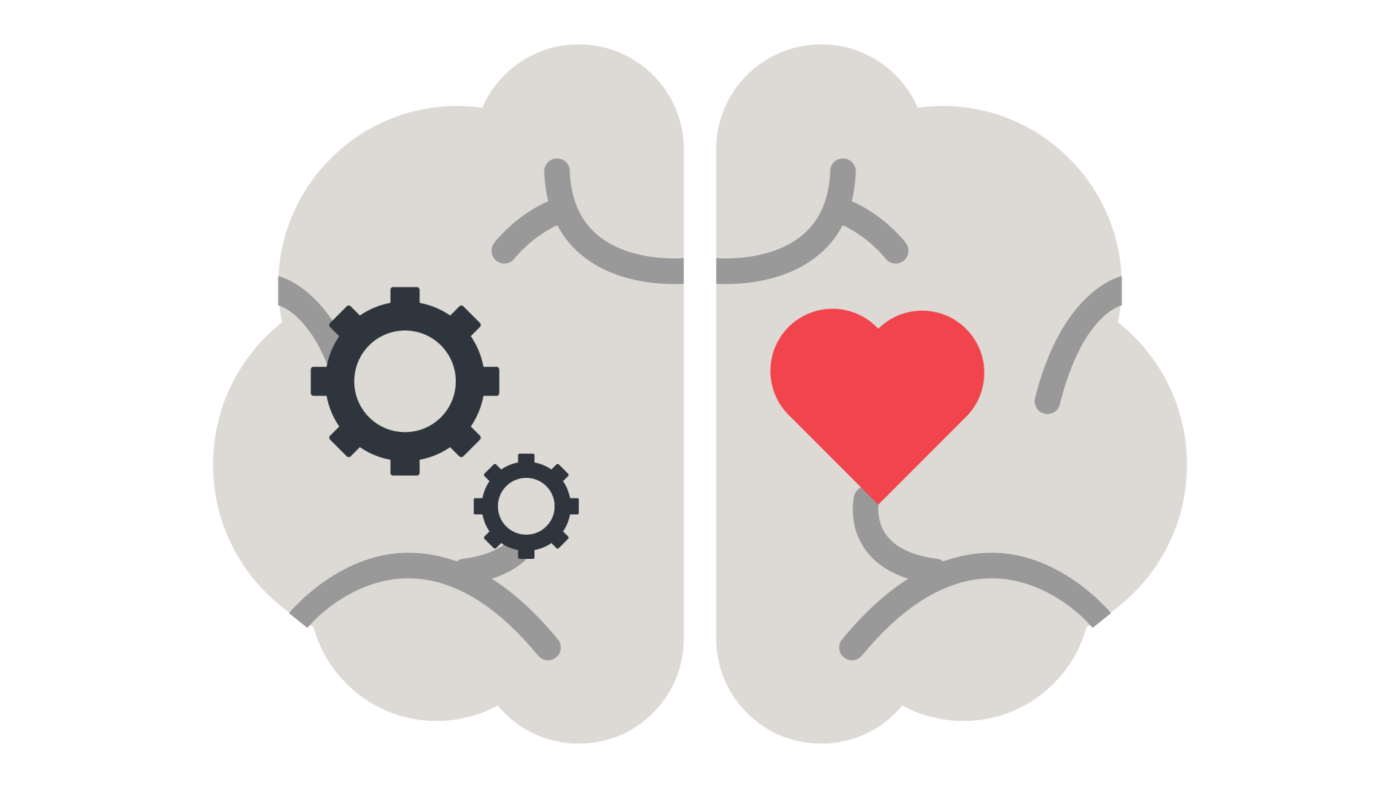
Challenges include: irritability, temper outbursts, aggression, self-injurious behaviours and raised levels of anxiety and distress.
Autism Progress uses autism profiling to helps schools understand how autism impacts a student,
so you can provide tailored support and plan next steps. To find out more, book a FREE online meeting.
Use Autism Progress at your school to create autism profiles for your autistic students. This will help you:
Autism Progress also provides ability relevant strategies you can use to design personalised support plans for your autistic students. This will help you:


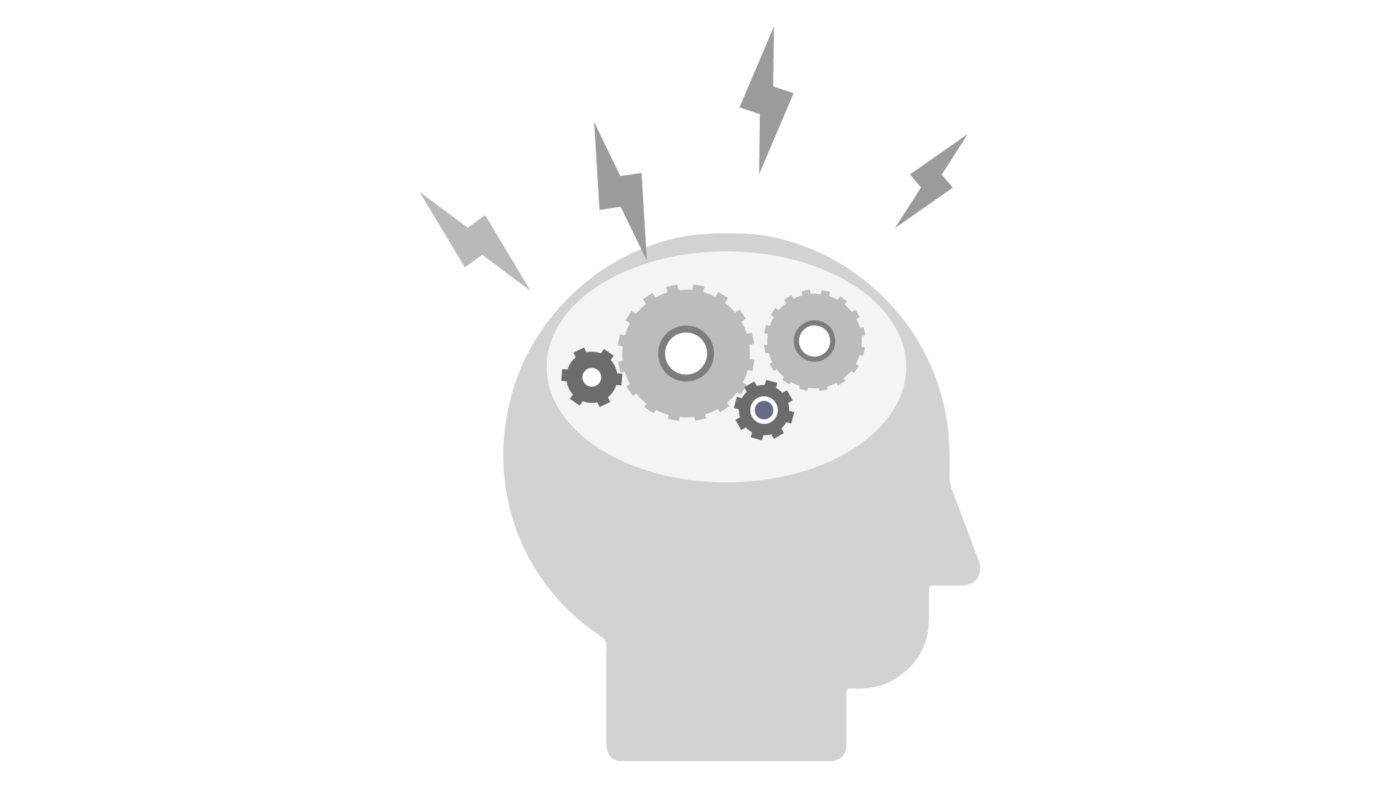
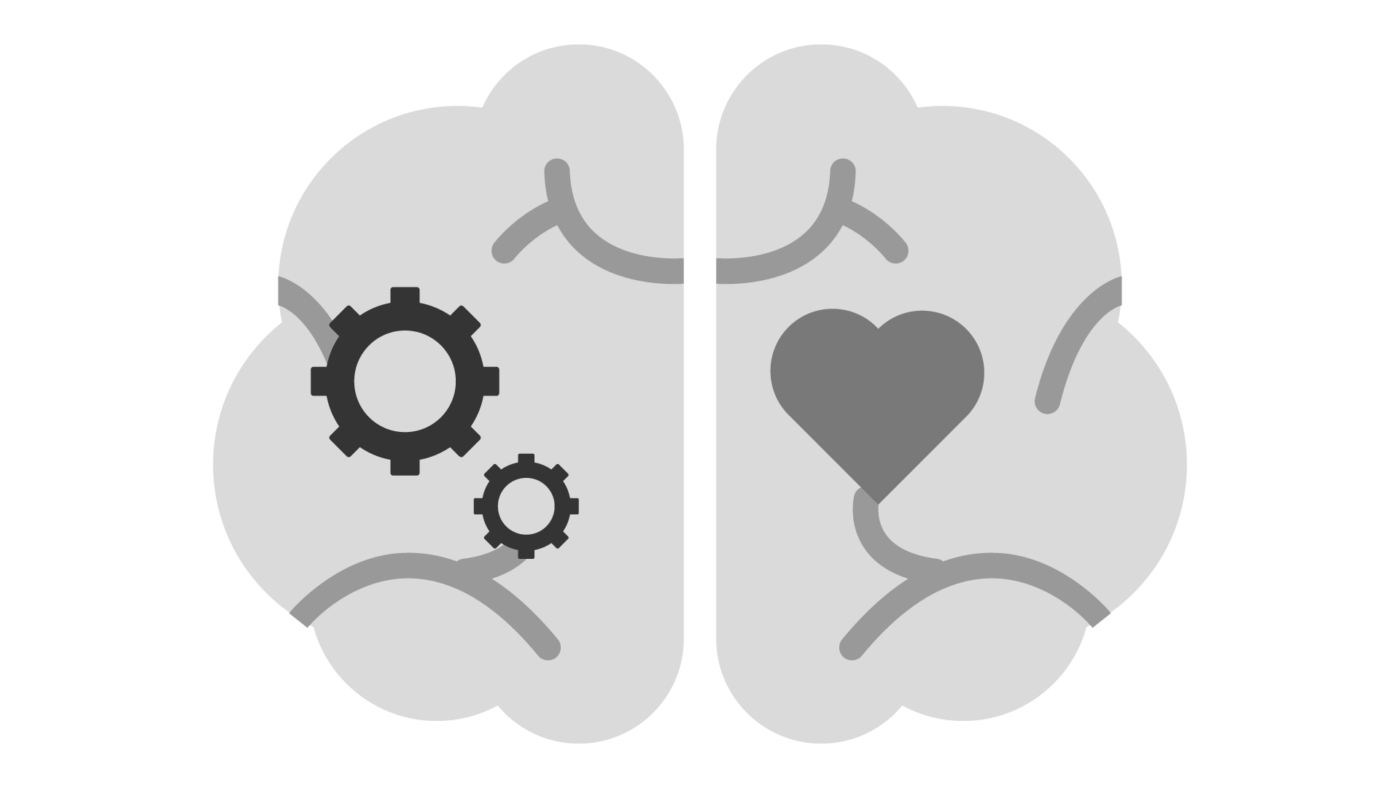
Here’s what some of our customer schools have said about Autism Progress
Autism charities and SEND professionals helped with development
Autism Progress was developed in collaboration with three autism charities: Autism Wessex, Scottish Autism and the North East Autism Society. Experienced Special Educational Needs Teachers, Speech and Language Therapists and Occupational Therapists also helped to finalise the content.
read more about autism profiling